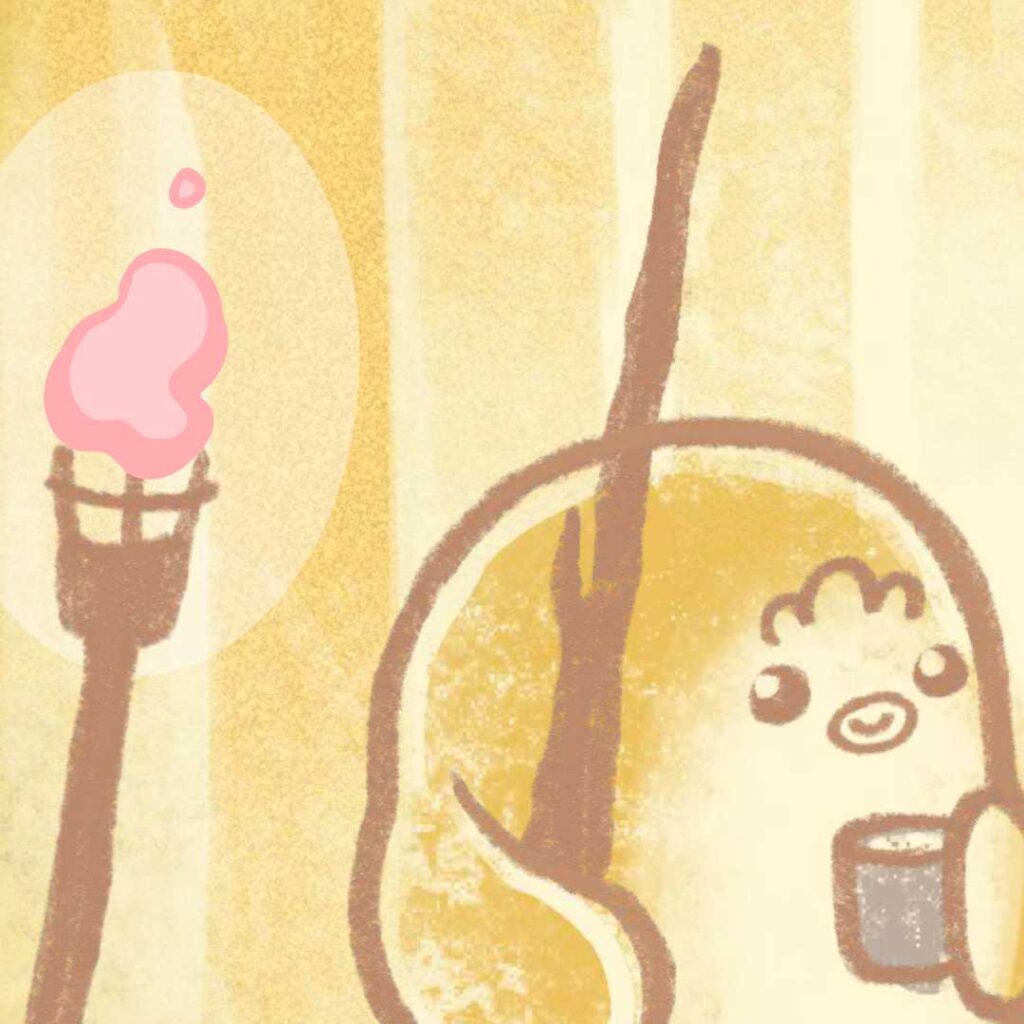Why are ‘likes’ on social media so addicting?
Paraphrases from ‘Digital Minimalism’ – Cal Newport
“In Paleolithic times, it was important that you carefully managed your social standing with other members of your tribe because your survival depended on it. In the twenty-first century, however, new technologies have hijacked this deep drive to create profitable behavioral addictions.

“We’re social beings who can’t ever completely ignore what other people think of us.”
– Adam Alter

Consider social media feedback buttons. This feedback also concerns other people’s approval. If lots of people click the little heart icon under your latest Instagram post, it feels like the tribe is showing approval– which we’re adapted to strongly crave. The other side of this evolutionary bargain, of course, is that a lack of positive feedback creates a sense of distress. This is serious business for the Paleolithic brain, and therefore it can develop an urgent need to continually monitor this ‘vital’ information.
It also explains the universal urge to immediately answer an incoming text, even in the most inappropriate or dangerous conditions (behind the wheel). Our Paleolithic brain categorizes ignoring a newly arrived text the same as snubbing the tribe member trying to attract your attention by the communal fire: a potentially dangerous social faux pas.”


Modern social media communication has rewired the definition of tribal norms. Investments in gamified features for apps like, auto tagging, streaks, or ‘like’ notifications have increased the amounts of addictive hits of dopamine nuggets, with aims to increase engagement and ad revenue; all in the illusory name of “staying connected.”
“A social-validation feedback loop… exactly the kind of thing that a hacker like myself would come up with, because you’re exploiting a vulnerability in human psychology.” – Sean Parker
